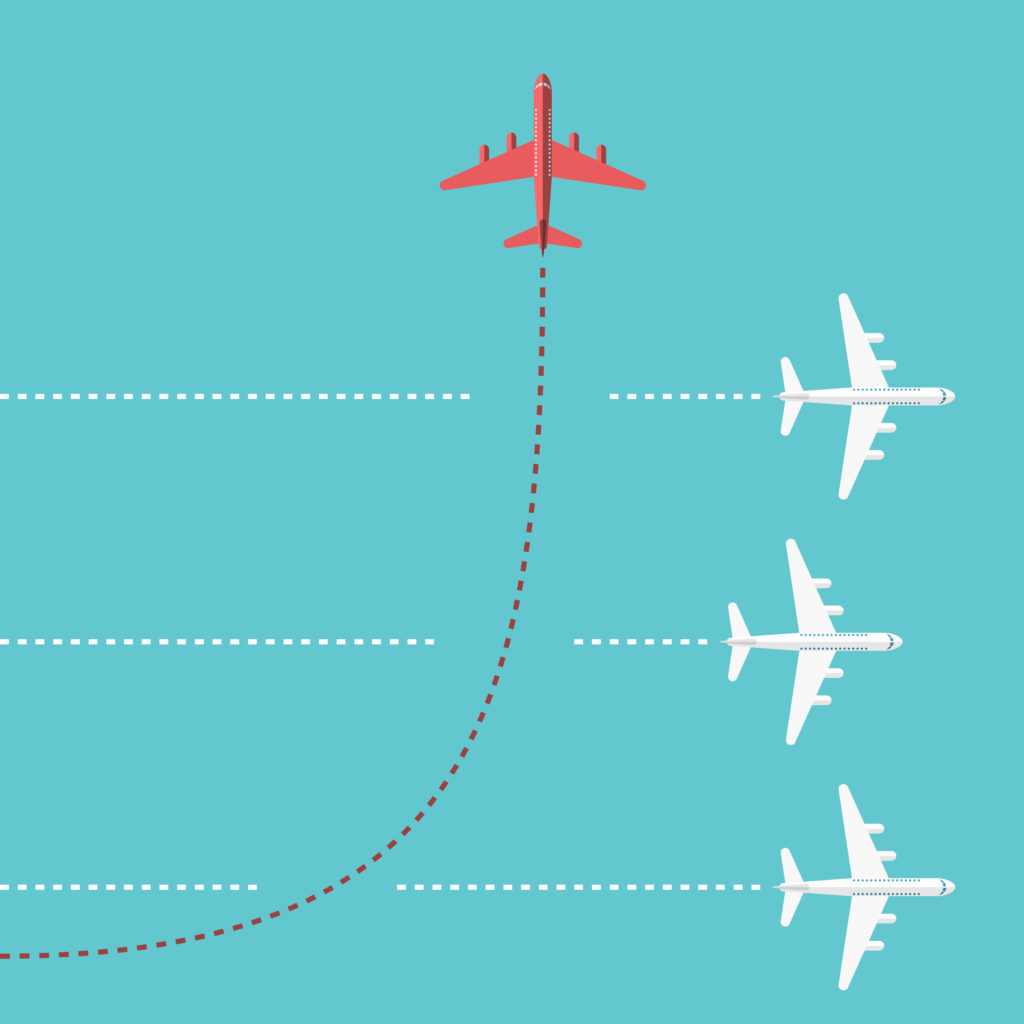The VA Funding Fee Waiver: How It Works

The VA Funding Fee Waiver: How It Works
When you and I first begin speaking about using your VA eligibility to buy and finance a home, you can also request a Loan Estimate which will itemize potential closing costs you’ll encounter at the closing table. As you might be aware, borrowers using their VA eligibility status to finance the property are restricted from paying some costs but are allowed to pay for an appraisal, credit reports, title insurance, origination and recording fees. These fees will be listed alongside other fees referred to as “prepaid charges.” Such charges include a homeowners’ insurance policy and the establishment of impound accounts when needed. One other fee you’ll see is the VA Funding Fee and compared to the other loan costs, this fee will be a bit higher.
VA Funding Fee Explained
The VA funding fee is in reality a mortgage insurance policy and for most VA loans, this fee equates to 2.15 percent of the sales price for a zero down, 30-year fixed VA loan. For a $200,000 sales price, that would be another $4,300. This fee is used to finance the loan guarantee that accompanies all VA loans. The guarantee provides compensation to the lender at 25 percent of the loss should the loan go into default. Such loans are rare for VA programs as VA loans have the lowest default rate of any other mortgage program. This $4,300 however does not have to be an out of pocket expense and usually isn’t because the fee can be rolled into the final loan amount. Other closing costs the veteran is allowed to pay for cannot be rolled into the loan amount with a purchase money loan.
VA Funding Fee Waiver
There are instances however when this fee is waived completely. How can someone obtain a VA funding fee waiver? VA guidelines state that eligible borrowers who receive some sort of compensation for a service-connected disability can have this fee waived. Nor do surviving spouses of veterans or veterans designated as eligible to receive disability pay as a result of a medical exam prior to discharge.
Verifying disability pay is typically relatively simple by reviewing remittance statements from the payor. Also, as part of the eligibility verification, if there is a VA funding fee exemption it will say so on the all important Certificate of Eligibility, or COE. This certificate is the only document lenders are allowed to use when determining whether or not someone is VA eligible. Borrowers can obtain this certificate directly from the Department of Veteran’s Affairs but it’s much more efficient to have me make the request on your behalf. VA approved lenders have access to the Automated Certificate of Eligibility, or ACE, and can obtain this verification directly from the VA and receive the certificate almost instantly.
Finally, there can also be a VA funding fee refund. Sometimes there is a disability claim that is pending and not yet approved. If later on, the claim is approved, the VA funding fee can be refunded directly to the borrower retroactive to when they applied for the refund.
Takeaway
There can also be some instances where the VA funding fee waiver is not 100 percent clear. Such as when the disability claim was awarded or when your terminal leave occurs before full retirement. In such instances when your disability claim is being reviewed or you successful dispute a claim denial, you’ll need to work with the VA directly with assistance from me. I’ll be right there with you.



